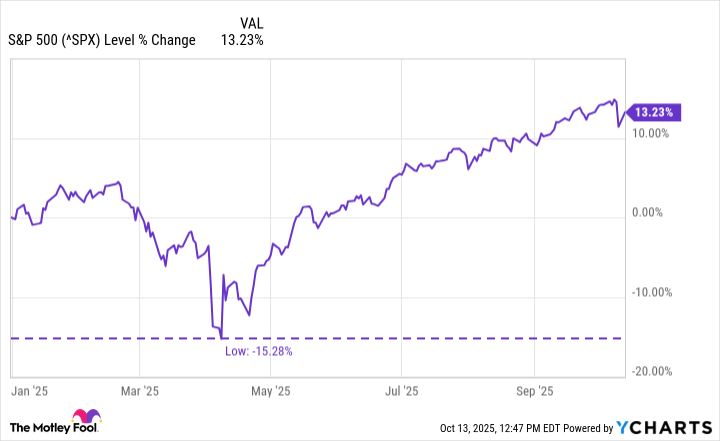LONDON – Nov. 5, 2020: Fog shrouds the Canary Wharf business district including global financial institutions Citigroup Inc., State Street Corp., Barclays Plc, HSBC Holdings Plc and the commercial office block No. 1 Canada Square.
Dan Kitwood | Getty Images News | Getty Images
Banking stocks across the globe sold off on Friday, as fears about bad U.S. loans spilled over into equity markets beyond the United States.
U.S. stock markets were rattled on Thursday amid mounting concerns about poor lending practices, after lenders Zions and Western Alliance disclosed bad loans.
Banking stocks were hit hard, with positive earnings reports in the sector unable to offset the apprehension. The concern builds on pre-existing unease over lending following the bankruptcy of two autos-related firms this year, which prompted a call from JP Morgan boss Jamie Dimon that “when you see one cockroach, there are probably more.”
In pre-market trade Friday, shares of major U.S. lenders faltered. JP Morgan was last seen trading 1.5% lower, while Citi was down 1.9% and Bank of America was down 2.9%.
In European trade, meanwhile, the regional Stoxx Banking Index fell almost 3% Friday. Shares of major lenders moved lower, with Spain’s Sabadell, the target of a recently failed takeover by rival BBVA, shedding 8.9%. Germany’s Deutsche Bank fell by 6.9%, and British banking giant Barclays was down 5.4%.

Some banks listed in the Asia-Pacific region also faltered over the course of the trading day. Japanese financial companies with exposure to U.S. markets were particularly hard hit, with lender Mizuho Financial Group falling by 4%, while insurers Sompo Holdings and Tokio Marine lost 4.7% and 3.5%, respectively. Hong Kong-listed shares of HSBC retreated 2%.
It comes after shares of America’s regional lenders and investment bank Jefferies sold off Thursday on news of poor lending practices. Zions Bancorporation lost more than 13%, while Western Alliance Bancorp fell more than 10%. The SPDR S&P Regional Banking ETF (KRE) dropped over 6% by the end of the session, with only one of the fund’s constituents ending the day in positive territory.
Pre-market trading indicated an extension of those losses on Friday, with Zions moving 1.1% lower and Western Alliance down by 1.5%.
A ‘knee-jerk reaction’
In a Friday morning note, Russ Mould, investment director at AJ Bell, said pockets of the U.S. banking sector had sparked concerns that were now dragging European indexes lower.
“Investors have started to question why there have been a plethora of issues in a short space of time and whether this points to poor risk management and loose lending standards,” he said.
“The pullback in U.K.-listed banks will be sentiment-driven. Investors have been spooked and moved to trim positions in the sector, possibly opting to have lower exposure in case a crisis is brewing. There is no evidence of any issues with the London-listed core banking names, but investors often have a knee-jerk reaction when problems appear anywhere in the sector.”
David Barker, investment manager of GAM’s European Equity Investment Team, which manages GAM’s Star European Equity and Star Continental European Equity funds, told CNBC on Friday that there was currently no evidence of deep, structural lending issues, despite the latest developments marking the third U.S. credit issue in a month.
“The main issue appears to be collateral integrity, with collateral being pledged twice or being fraudulent. This would suggest the losses are idiosyncratic and there isn’t evidence yet of further issues,” he explained in an email.
Barker said European banks, insurers and alternative managers were selling off “in sympathy,” with their outperformance over the course of the year exacerbating the downturn.
The banking sector has been a bright spot in the European equities rally this year, with its index gaining more than 50% over the course of 2025.
“Overall, we think European banks are well capitalised and have significantly de-risked their books over the last 10 years,” Barker added.
“We don’t think the situation is comparable to the panic in March 2023 when the U.S. regional banks first wobbled with SVB and First Republic. In that instance, European banks experienced a short-lived selloff before recovering performance … We would expect this morning’s selloff in European banks to be short-lived, assuming no further shocks.”
— CNBC’s Alex Harring and Sarah Min contributed to this article.






